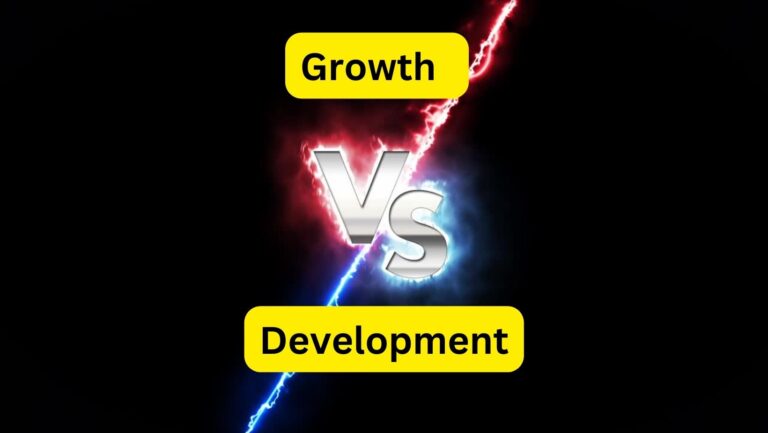
Do you want to know what is the difference between an outcome and an event? You have landed at the right place. Although the event and outcome of the words may look identical, there are differences between them. The word outcome is the direct result of an experiment. However, the event is an individual result of an experiment.
Probability theory states that an outcome can be described as a result of an experiment or trial. Every possible outcome of an experiment is unique. There are many outcomes that can be mutually decisive.
After each experiment or trial, only one outcome is possible. An experiment can have multiple outcomes. These experiments can be accessed from the sample space elements.
Four possible outcomes can be obtained from experiments that involve flipping the coin twice and float it.
This is how we get our sample space. The sample space is (T. H), (H. T), (H. H), and (T. T). The “H” is for the heads, while the “T” is for the tails.
The outcomes of an experiment are not the actual events. They should not be confused with events. Events are informal groups of outcomes. We define an event as one that is most likely to happen.
This is where at least one head flips in an experiment. One outcome will result in at least one head. The event is therefore a collection of all outcomes within the sample space, minus the T, T event. Let’s check below what is the difference between an outcome and an event with examples.
What is the Difference between an Outcome and an Event?
In the following example, we have distinguished between event and outcome in statistics:
Imagine a scenario in which you roll a die. This set has a sample space, which is the number between 1 and 6. There are many outcomes in this sample space. Each number is an outcome. This set of roll dice can produce six outcomes.
This experiment shows us how to determine if an event is an outcome or an event. This scenario can have multiple outcomes.
No. This experiment has four events If we get no. It is considered one event if we get no. It would be considered another event if we got another number. We can have multiple outcomes to an event.
What is an example of an impossible event?
- There are also impossible outcomes in probability. We can also get impossible events by rolling a die.
- An impossible event is one that doesn’t happen. E is an unimaginable event.
- When we flip a coin one time, the impossible outcome in this experiment is getting both a tail and ahead.
- A probability is also an event. A certain event refers to a sequence of events that will surely occur.
How can you tell if outcomes are equally likely?
- If each outcome in a set is equally probable, the events within a sample space will be equally likely.






